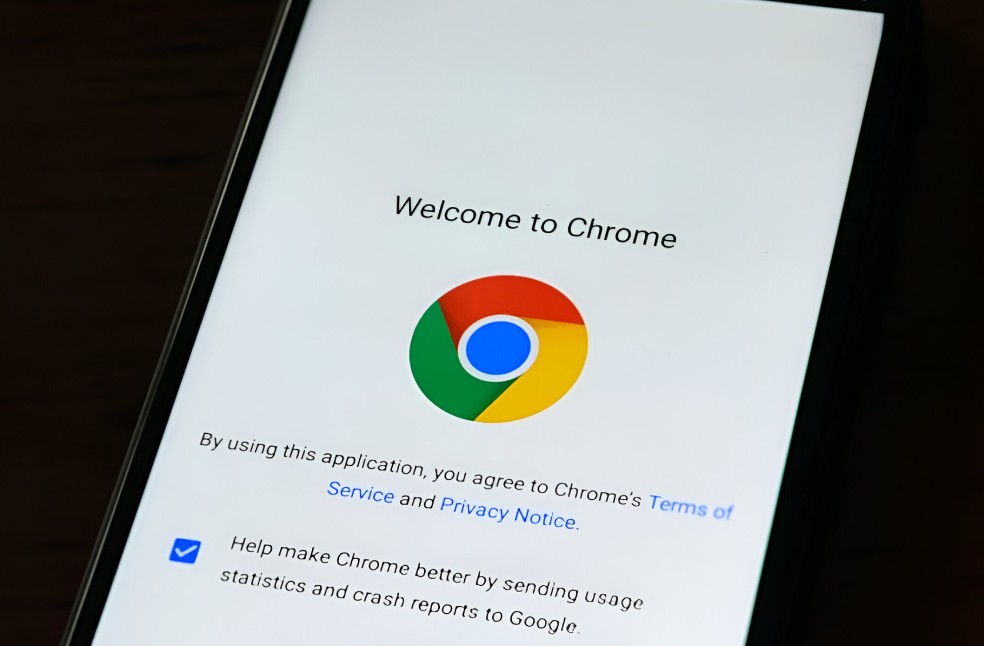US: The U.S. Department of Justice (DOJ) has demanded Google to sell its Chrome browser, a move sought at disassembling the tech giant’s dominance in search monopoly. This is part of a wider set of legal remedies proposed in a court filing, seeking to control Google from maintaining its search monopoly. The DOJ also reached an end to exclusive contracts with companies like Apple and Samsung that make Google’s search engine the default on many smartphones and browsers.
These proposals observe a landmark anti-competition ruling in August, in which District Judge Amit Mehta concluded that Google had unlawfully stifled competition in the search market. A group of U.S. states joined the DOJ in urging modifications to open up the monopolised market. Government attorneys reported that, “Restoring competition to the markets for general search and search text advertisement will require reactivating the competitive process that Google has long stifled.”
In response, Google criticised the DOJ’s proposals, calling them “wildly overbroad” and blaming the DOJ of pushing a “radical interventionist agenda” that would harm American consumers and the country’s global tech leadership. Kent Walker, Google’s president of global affairs, asserted that such changes would disrupt essential services beyond just search.
The DOJ’s filing retains measures to ensure Google no longer uses its Chrome browser and Android operating system to channel users to its search engine. It also recommends a five-year ban on Google re-entering the browser market and offers court oversight of Android to prevent the company from favouring its search services. Google’s dominance in the global search market, which accounts for around 90 per cent of online searches, has been a central focus of the case. Government lawyers argue that the company’s control over both Chrome and Android has allowed it to effectively dominate the market by locking out competitors.

With the case ongoing and a decision expected by summer 2025, questions are rising over whether the incoming administration of President-elect Donald Trump will alter the course of the case. Legal experts suggest that even if Trump seeks to end the suit, the states involved in the case could continue with it independently.
Legal scholars, including Professor Laura Phillips-Sawyer of the University of Georgia School of Law, argue that the suggested changes could foster competition in online search. Google’s control over user data has bolstered its search algorithm and advertising business, but those same practices make it nearly impossible for new search companies to gain market share. If Judge Mehta supports the DOJ’s proposals, competitors may finally have an opportunity to challenge Google’s dominance.



